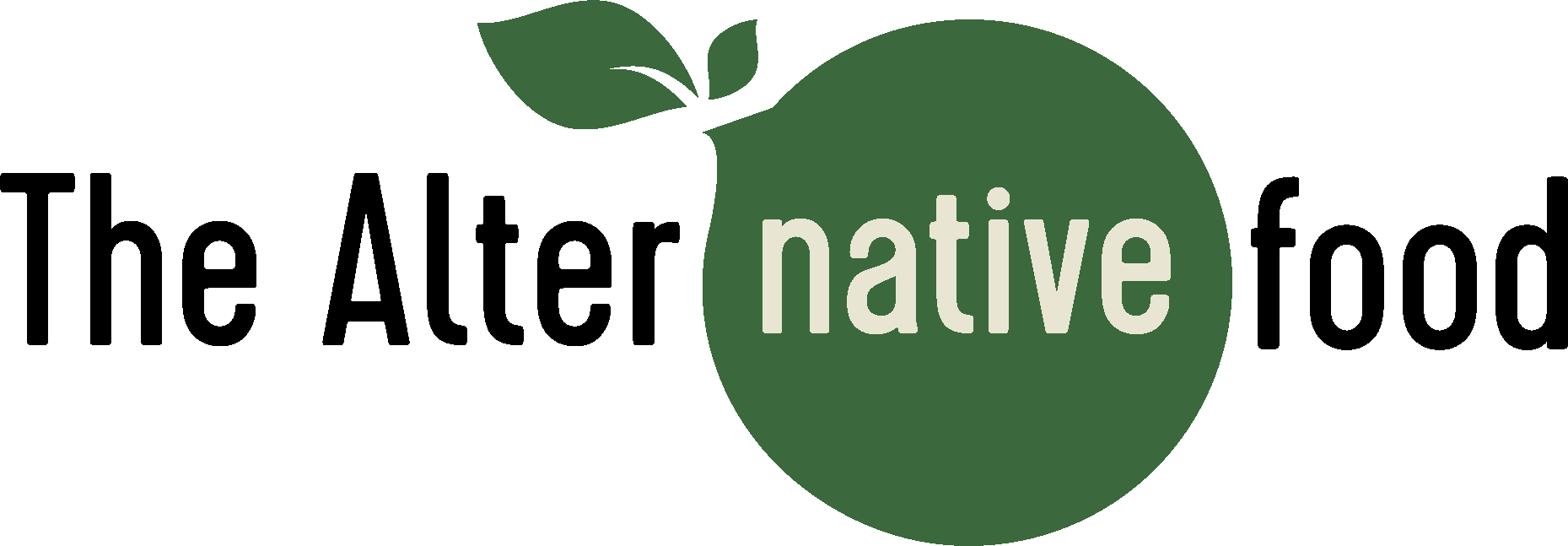+39 049 830 46 60
Veganism and Vegetarianism: Lifestyle, Menu, and Personal Habits
In the sphere of dietary choices, vegetarianism and veganism rise as profound practices, steeped in personal ethics, health consciousness, and environmental considerations. Each path, though alike in its avoidance of animal flesh, diverges significantly in depth of commitment to excluding animal products, reflecting in their distinct philosophies, dietary confines, and lifestyle implications.

Vegetarianism Defined
At its core, vegetarianism excludes the consumption of meat, poultry, and fish. It's a choice often adopted for health improvements, ethical concerns over animal welfare, or environmental reasons tied to meat production. Vegetarianism itself branches into several streams:
- Lacto-ovo vegetarians embrace both dairy and eggs alongside plant-based foods.
- Lacto vegetarians incorporate dairy but exclude eggs from their diet.
- Ovo vegetarians welcome eggs but not dairy.
These variations provide a flexibility within vegetarianism, allowing individuals to tailor their diet to personal health needs and ethical considerations concerning animal-derived products.
The Vegan Way
In stark contrast, veganism is not merely a dietary choice but a comprehensive lifestyle commitment eschewing all animal products and byproducts. This philosophy extends beyond diet to exclude leather, wool, and items tested on animals or made from animal derivatives. Vegans dedicate themselves to this path not only for ethical reasons concerning animal rights but also for the profound environmental impacts and a commitment to non-violence.
Dietary Distinctions
The fundamental difference between vegetarians and vegans lies in their dietary selections. While both follow a plant-based core, vegans follow a stricter regimen that wholly excludes animal products, including dairy, eggs, honey, and gelatin—ingredients occasionally present in vegetarian diets.
Vegan Culinary Creations
Vegans enjoy a rich variety of fruits, vegetables, legumes, nuts, seeds, and grains, ensuring a balanced diet. Culinary innovation has led to a range of substitutes that enrich the vegan menu:
- Plant-based milks such as almond, soy, and oat.
- Vegan cheeses and butters.
- Meat substitutes derived from soy, seitan, or jackfruit.
- Vegan egg replacements for baking, including banana, applesauce, or specialized commercial products.
This creativity in vegan cuisine is expanding, making vegan options more delicious and accessible than ever before.
Vegetarian Dietary Options
Vegetarians often have a broader range of food products including:
- Dairy products like cheese, milk, and yogurt.
- Eggs, utilized both in cooking and as standalone dishes.
- A comprehensive array of plant-based foods foundational to vegan diets as well.
Vegetarians typically find it easier to adapt traditional meat-containing meals to vegetarian by substituting meat with legumes or vegetarian-approved products like tofu or tempeh.
Lifestyle and Routine
Veganism influences lifestyle choices beyond diet:
- Fashion: Vegans opt for clothing and shoes made from synthetic or plant-based materials instead of leather, fur, silk, or wool.
- Beauty Products: Vegans choose cosmetics and personal care items that are free from animal-derived ingredients and are not tested on animals, often marked as "cruelty-free" or "vegan."
- Household Products: Vegans also seek cleaning products that are free of animal-derived ingredients and are cruelty-free.
Environmental Considerations
Both diets aim to reduce the environmental footprint, but veganism takes it a step further by completely avoiding animal agriculture, which is associated with higher greenhouse gas emissions, deforestation, and extensive water use. Vegetarians contribute positively by eliminating meat but may still engage with other animal products which also carry significant environmental impacts.
Health Benefits
Both diets can offer substantial health benefits, including reduced risks of heart disease, hypertension, diabetes, and obesity when well-planned. Vegans, however, must be particularly diligent in consuming adequate levels of nutrients like vitamin B12, iron, calcium, and omega-3 fatty acids, typically abundant in animal products. Vegetarians might find it easier to meet these nutritional needs with the inclusion of eggs and dairy.
Community and Culture
Both vegans and vegetarians often find a sense of community with those who share similar values regarding health, animal welfare, and environmental care. This can manifest in social gatherings, potlucks, and community activism where these dietary preferences are embraced and celebrated.
Navigating Choices
Choosing between vegetarianism and veganism often ties to deeper psychological motivations and cultural influences, potentially requiring navigation through complex social dynamics. Educational outreach plays a critical role in empowering individuals to make informed choices about these diets.
Innovation and Future Outlook
As global consciousness grows, so does the trend toward veganism and vegetarianism, influencing food systems and prompting culinary innovation. This evolving landscape not only enhances the dining experience for those on plant-based diets but also attracts those curious about these lifestyles, enriching the diversity in dietary choices available.
Ultimately, whether one opts for vegetarianism or the more stringent veganism, each path offers a significant way to align ethical beliefs with lifestyle, contributing to a broader movement toward a more sustainable and empathetic world.
At its core, vegetarianism excludes the consumption of meat, poultry, and fish. It's a choice often adopted for health improvements, ethical concerns over animal welfare, or environmental reasons tied to meat production. Vegetarianism itself branches into several streams:
- Lacto-ovo vegetarians embrace both dairy and eggs alongside plant-based foods.
- Lacto vegetarians incorporate dairy but exclude eggs from their diet.
- Ovo vegetarians welcome eggs but not dairy.
These variations provide a flexibility within vegetarianism, allowing individuals to tailor their diet to personal health needs and ethical considerations concerning animal-derived products.
The Vegan Way
In stark contrast, veganism is not merely a dietary choice but a comprehensive lifestyle commitment eschewing all animal products and byproducts. This philosophy extends beyond diet to exclude leather, wool, and items tested on animals or made from animal derivatives. Vegans dedicate themselves to this path not only for ethical reasons concerning animal rights but also for the profound environmental impacts and a commitment to non-violence.
Dietary Distinctions
The fundamental difference between vegetarians and vegans lies in their dietary selections. While both follow a plant-based core, vegans follow a stricter regimen that wholly excludes animal products, including dairy, eggs, honey, and gelatin—ingredients occasionally present in vegetarian diets.
Vegan Culinary Creations
Vegans enjoy a rich variety of fruits, vegetables, legumes, nuts, seeds, and grains, ensuring a balanced diet. Culinary innovation has led to a range of substitutes that enrich the vegan menu:
- Plant-based milks such as almond, soy, and oat.
- Vegan cheeses and butters.
- Meat substitutes derived from soy, seitan, or jackfruit.
- Vegan egg replacements for baking, including banana, applesauce, or specialized commercial products.
This creativity in vegan cuisine is expanding, making vegan options more delicious and accessible than ever before.
Vegetarian Dietary Options
Vegetarians often have a broader range of food products including:
- Dairy products like cheese, milk, and yogurt.
- Eggs, utilized both in cooking and as standalone dishes.
- A comprehensive array of plant-based foods foundational to vegan diets as well.
Vegetarians typically find it easier to adapt traditional meat-containing meals to vegetarian by substituting meat with legumes or vegetarian-approved products like tofu or tempeh.
Lifestyle and Routine
Veganism influences lifestyle choices beyond diet:
- Fashion: Vegans opt for clothing and shoes made from synthetic or plant-based materials instead of leather, fur, silk, or wool.
- Beauty Products: Vegans choose cosmetics and personal care items that are free from animal-derived ingredients and are not tested on animals, often marked as "cruelty-free" or "vegan."
- Household Products: Vegans also seek cleaning products that are free of animal-derived ingredients and are cruelty-free.
Environmental Considerations
Both diets aim to reduce the environmental footprint, but veganism takes it a step further by completely avoiding animal agriculture, which is associated with higher greenhouse gas emissions, deforestation, and extensive water use. Vegetarians contribute positively by eliminating meat but may still engage with other animal products which also carry significant environmental impacts.
Health Benefits
Both diets can offer substantial health benefits, including reduced risks of heart disease, hypertension, diabetes, and obesity when well-planned. Vegans, however, must be particularly diligent in consuming adequate levels of nutrients like vitamin B12, iron, calcium, and omega-3 fatty acids, typically abundant in animal products. Vegetarians might find it easier to meet these nutritional needs with the inclusion of eggs and dairy.
Community and Culture
Both vegans and vegetarians often find a sense of community with those who share similar values regarding health, animal welfare, and environmental care. This can manifest in social gatherings, potlucks, and community activism where these dietary preferences are embraced and celebrated.
Navigating Choices
Choosing between vegetarianism and veganism often ties to deeper psychological motivations and cultural influences, potentially requiring navigation through complex social dynamics. Educational outreach plays a critical role in empowering individuals to make informed choices about these diets.
Innovation and Future Outlook
As global consciousness grows, so does the trend toward veganism and vegetarianism, influencing food systems and prompting culinary innovation. This evolving landscape not only enhances the dining experience for those on plant-based diets but also attracts those curious about these lifestyles, enriching the diversity in dietary choices available.
Ultimately, whether one opts for vegetarianism or the more stringent veganism, each path offers a significant way to align ethical beliefs with lifestyle, contributing to a broader movement toward a more sustainable and empathetic world.
Georgy Leon
Author

